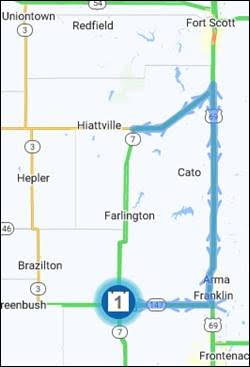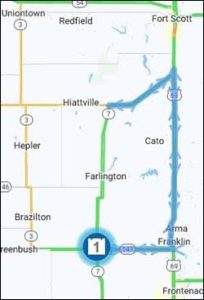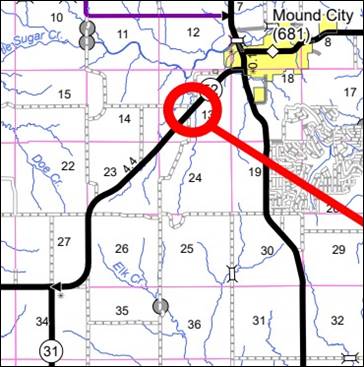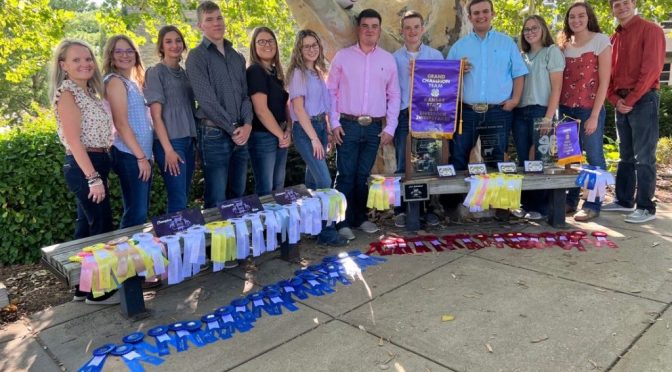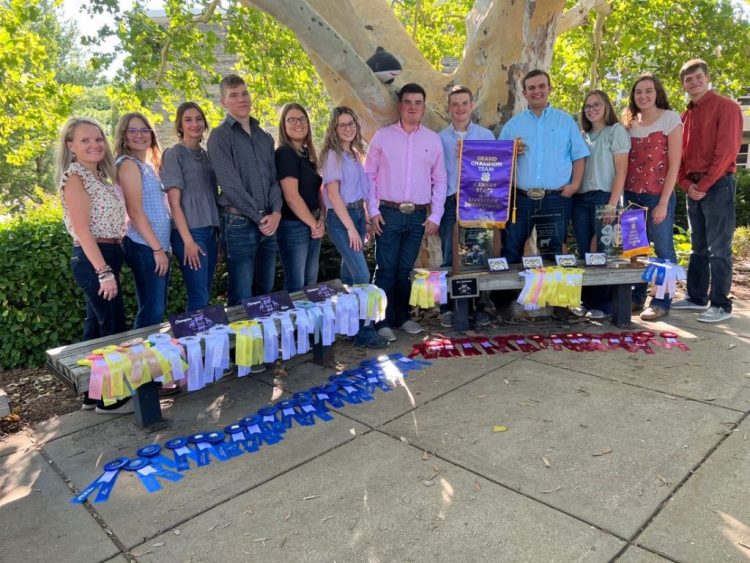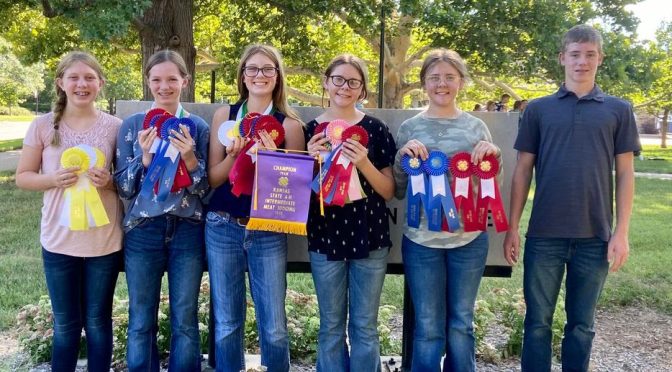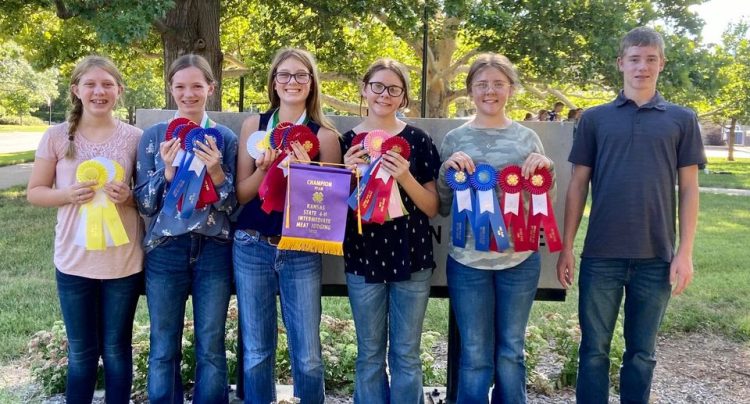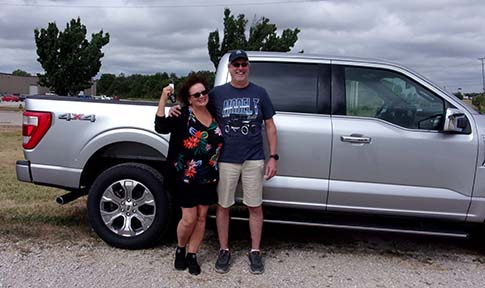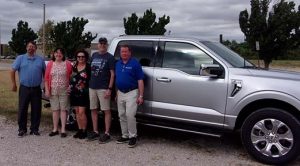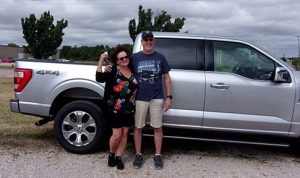The Rita J. Bicknell Women’s Health Fund (WHF) is furthering its support of women’s health
initiatives in the Southeast Kansas area by awarding a total of $50,992 in grants in 2022. The
Women’s Giving Circle awarded $43,312 to five SEK nonprofit organizations and the Circle of
Friends Giving Circle awarded four nonprofit organizations $7,680. All projects receiving funding
are committed to carrying on the WHF mission “To improve the health and wellbeing of
women by supporting education, increasing awareness, and sharing quality of life
opportunities to benefit all women.”
In 2007, the establishment of the Rita J. Bicknell Women’s Giving Circle at the Community
Foundation of Southeast Kansas (CFSEK) was a philanthropic beginning for women helping
women in our area. Today the Rita J. Bicknell Women’s Health Fund is made up of the Women’s
Giving Circle, the Circle of Friends, and the Nightingale Endowment. Circle memberships
support granting to area organizations. The Nightingale Endowment supports the Irene Ransom
Bradley School of Nursing Simulation Hospital at Pittsburg State University. Since inception, the
giving circles have generously granted over $350,000 to improve women’s health in our
community.
The Women’s Health Fund and the Community Foundation of Southeast Kansas would like to
congratulate the following 2022 grant recipients:
Women’s Giving Circle
Community Health Center of SEK, Inc.: Scope it Out – Reducing the Risk of Cervical Cancer
Fostering Connections: Teen Girl Shopping Spree
Kansas Angels Among Us Inc.: Financial Assistance for Cancer Patients.
Labette Health Foundation: OB/GYN Patient Care Improvement Project
Mount Carmel Foundation: Better Care at the Bedside: Ultrasound Probes Needed to Care for
Expectant Mothers & Babies.
Circle of Friends Giving Circle
Friends of Mapleton Association: Emergency Preparedness
Kansas Big Brothers Big Sisters: Here We Grow
Labette County USD 506 Meadowview Elementary School: Girls Day in Aviation at Greenbush
Safehouse Crisis Center, Inc.: A New Bed for a New Beginning
The Women’s Health Fund is proud to be able to contribute to the success of these
organizations and their projects in support of women’s health and wellbeing in the SEK region.
The Community Foundation of Southeast Kansas is pleased to be the host agency for the Rita J.
Bicknell Women’s Health Fund. CFSEK is a public non-profit foundation that serves the region
by helping donors fulfill their charitable giving goals in ways that benefit the common good and
improve the quality of life. The Fort Scott Area Community Foundation and the Girard Area
Community Foundation are CFSEK affiliates. If you would like to learn more about the CFSEK or
the Women’s Giving Circles, we invite you to visit SoutheastKansas.org or call 620-231-8897.
